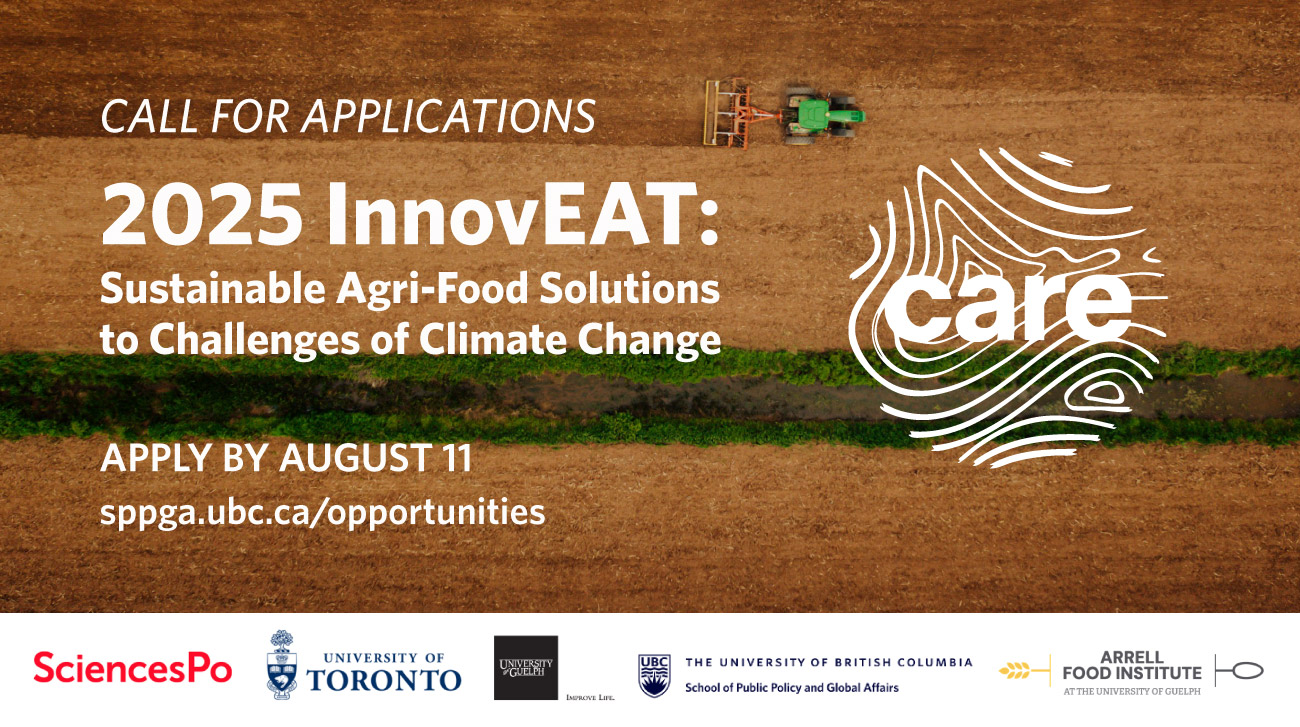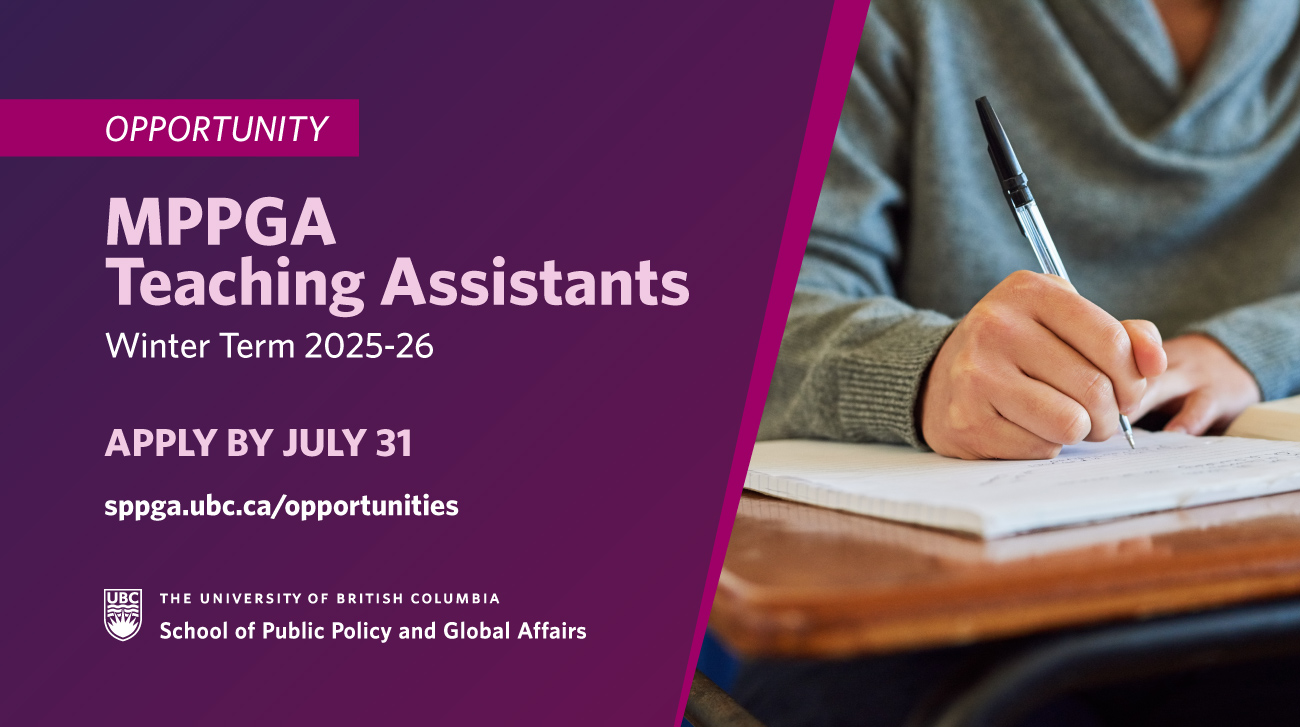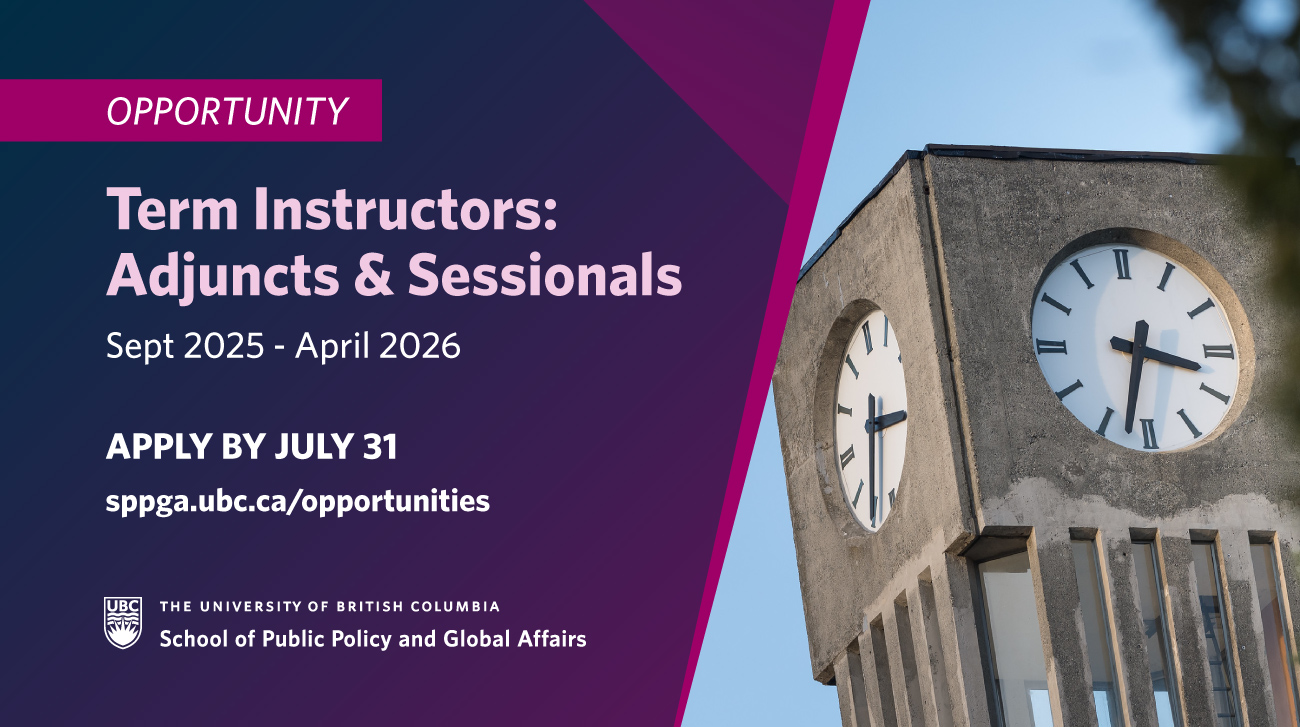

Smart Drive Challenge: Driving Less and Better
Second year MPPGA student Reagan Rockzsfforde spent his summer evaluating a program in Metro Vancouver that aims to reduce driving and improve fuel efficiency within the region’s 21 municipalities. Here is a reflection of his summer work experience:
I was a research scholar, working under the mentorship of Prof. Conor Reynolds, who is an adjunct professor at IRES and also part of the Air Quality and Environment team at Metro Vancouver. As a scholar, I was immersed in real world learning where I applied my research skills and contribute to advancing Metro Vancouver’s sustainability goals. I worked both on and off campus. Through this position, I was able to experience independence, honed my project and time management skills, and fully utilized the policy design and analysis knowledge I learned from the MPPGA program. The project deliverables were:
- Refinement of research questions
- Data preparation and descriptive statistics for the dataset
- Analytical plan
- Interim progress report at mid-point of project
- Final report with the results of the statistical analysis, and recommendations for policy-makers
- Final report/executive summary for the UBC Sustainability Scholars project library
Mobility has become an essential part of modern life in current and emerging urban areas. As a consequence, the demand for transportation has risen, and so have the efforts to address the impact on climate change. Many cities across the world are rethinking their strategies to minimize their carbon footprint and still maximize people’s choices on how to move around with more sustainable modes of transportation. To meet these two goals, many cities implement policies that directly influence driving behavior and transportation choices through outreach, education and training programs.
A perfect example of these programs is Metro Vancouver’s Smart Drive Challenge (SDC). Launched in 2016, SDC is part of Metro Vancouver’s broader strategy to reduce greenhouse gas emissions by 33% by 2020. This initiative aimed to reduce fuel consumption among drivers by 15 percent by providing a combination of a direct online training course and feedback that aim to influence driving behavior. With over 60,000 trips made by over 300 drivers across Metro Vancouver area, this statistical analysis of the program provides insight if driver training and feedback minimize distance driven and improve fuel efficiency. The key findings show that after taking the training, drivers drove better with improved fuel efficiency between 4% to 9%. However, drivers drove more instead of less, but not by much.
Ultimately, the findings of this analysis would guide Metro Vancouver’s urban planners and policymakers as they plan and decide on strategies to meet its environmental and sustainability commitments. One of the important policy implications of this analysis is the expansion of public transportation options for people, which is prerequisite if cities really want to reduce emissions by minimizing distance driven. Although driver training and feedback programs such as SDC can increase fuel efficiency through improved driving techniques, they can only result to less driving if drivers have more access to bus and rail transits. Moreover, these programs can also focus on encouraging people to shift to more sustainable modes of transportation like walking, biking and carpooling.
– Reagan Rockzsfforde, MPPGA second year student


Reagan Rockzsfforde, MPPGA student


